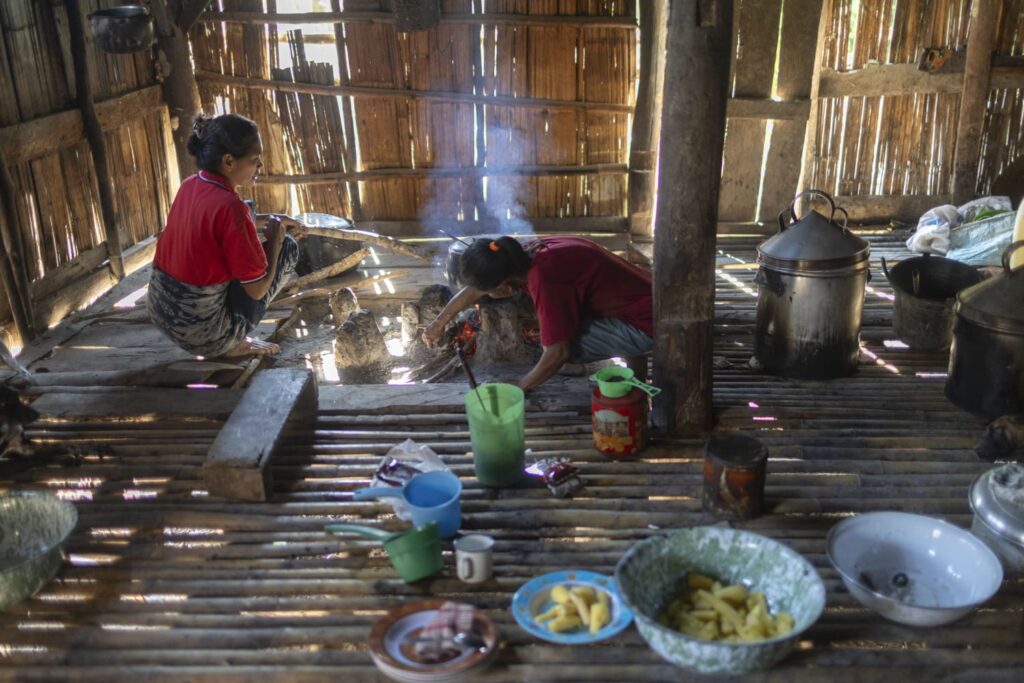Women's empowerment is a very important effort in realizing gender equality and improve the quality of life of families and communities, especially in indigenous communities. One of the most effective methods to empower women is to listen to women's voices and aspirations. Often their voices and aspirations are not heard because there is not much space that provides an opportunity for them to speak up. Or it is not customary for women to speak up in development forums in the village.
Budi Budiansyah, Village Facilitator from the Karsa Institute shared his experience of mentoring the To Kulawi indigenous community in Sigi Regency during the discussion series. Inclusive Chat. This discussion series is a collaboration between KEMITRAAN and TV Desa in highlighting inclusive stories related to village development.
Karsa Institute is one of the implementing institutions of the Estungkara program that assists indigenous communities in Sigi Regency. One of the focuses of the work carried out is to encourage the participation and independence of indigenous women. So that the empowerment method is a priority of the work carried out by the Karsa Institute.
"In starting mentoring, we usually start by mapping the potential and strengths of key actors in women's groups, usually this is the entry point for community mentoring," said Budi during a sharing session at Ngobrol Inklusif.
But it doesn't stop there, Budi explained that women's voices are one of the keys to community development so that providing space for them to express their aspirations is one of the focuses of encouraging gender equality in society. These spaces can be found in communities where women feel comfortable when doing activities, one of which is in the kitchen.
“In the kitchen there are usually a lot of things that can be expressed, and even through the kitchen we can usually dig up a lot of information from women, because that is their safe space,” she added.
The kitchen, in many cultures, is a place that is not only used for cooking, but also serves as a social space for women. This is where they gather, talk, share experiences, and discuss the various issues they face. To explore the aspirations of women in the village, using the kitchen as a space for discussion can be an effective method.
"Because of the informal approach, women feel more comfortable to express their opinions and complaints. Discussions can start with light topics, such as daily activities at home, to deeper issues, such as access to education, health, or economic empowerment," explained Budi in his sharing.
This approach can be done for facilitators like us to approach directly to the homes of residents to build closer relationships. In a more relaxed and friendly atmosphere, women can be freer to express their aspirations and problems they face without feeling pressured. In this way, we can gain more real insight into the needs and desires of women in the village.
The kitchen space, often considered a domestic and private space, has great potential to explore the aspirations of women in the village. By getting closer to women in the space they control, we can understand more deeply about their needs, both in social, economic, and cultural aspects. Activities in the kitchen are not only about cooking, but also about women's lives, hopes, and desires to improve their quality of life. Through an inclusive and empathetic approach, we can empower village women to become agents of change in their families and communities.


